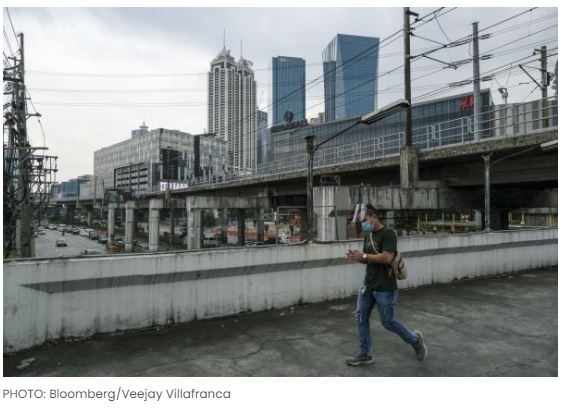Covid-19 could worsen income inequality for fiscally weak countries in South-east Asia
GOVERNMENTS with weak social systems and limited scope to raise fiscal spending amid the Covid-19 pandemic could face challenges in tackling income inequality, with Indonesia, Malaysia and the Philippines out in this regard, a report by Moody’s Investors Service said on Tuesday.
Although economic growth in the Asia Pacific region has outpaced that in other regions over the past few decades, this has not been accompanied by equity gains, as evidenced by the rise in the Gini coefficient in about half the sovereigns that Moody’s rates since 2000, the report said. The largest increases were in China, India and Indonesia.
“The coronavirus outbreak will make these inequality gaps starker. Typically, job losses and income shocks disproportionately hurt vulnerable and lower-income groups,” Moody’s said.
Post-pandemic, less-skilled workers or those with basic education are more likely to face unemployment and for longer than those with advanced education, Moody’s said, adding that informal sector workers have been faced with a double-whammy of significant job losses and inadequate coverage under social protection systems.
Moody’s noted that while income inequality is not a rating driver in itself, persistent income inequality is linked with weak institutional frameworks and effectiveness and lower and less stable economic growth, which breeds social and political strains.
Amid these challenges, large emerging markets including India, Indonesia, Malaysia and the Philippines are using fiscal policy – in the form of cash transfers – to support vulnerable groups.
But on the whole, social protection coverage – which generally includes social insurance, transfers and labor market programs – is low in Asia Pacific and typically excludes the informal sector, which comprises a large part of many economies, Moody’s said.
Indonesia and India have high benefit incidence, when considering the proportion of benefits provided to the overall population going to the poorest one-fifth, Moody’s said. However, social protection expenditure, both as a share of gross domestic product (GDP) and of GDP per capita, is low, which limits scope for reducing income inequality, it said. This is also the case for the Philippines.
While Malaysia and Thailand each spend nearly double on social protection compared with Indonesia, they report relatively high inequality because benefit incidence is low, Moody’s said.
However, it said strong implementation infrastructure, including universal national identity systems, broad mobile phone coverage, and high banking penetration, can complement a well-constructed social protection system and increase benefit incidence over time, facilitating a reduction in income disparity.
Meanwhile, tax policies determine social protection spending capacity, and progressive personal income taxes can effectively address income inequality, but only when tax leakage or evasion is minimal, Moody’s said.
Lower tax income blunts the use of revenue-side fiscal policies, it said. In Asia Pacific, the role of taxation as a tool in reducing inequality has been particularly limited, and there is no strong evidence that tax structures by themselves have contributed to lower inequality, Moody’s said.
With the novel coronavirus pandemic, sovereigns with weak social protection systems and low fiscal capacity will face particular challenges in tackling income inequality.
“Persistent inequality and public discontent with progress in addressing social issues could erode governments’ legitimacy, with negative implications for credit quality. These issues would tend to be less pronounced for sovereigns with more effective administrative capacity,” Moody’s said.
Among sovereigns with income inequality above the regional median, India and Indonesia stand out for their limited capacity to address these pressures. Malaysia and the Philippines have little fiscal space to ramp up spending without offsetting tax measures and high Gini ratios, Moody’s said.
Although these governments appear to be focusing on strengthening their distribution systems, Moody’s said there are weakenesses that have exacerbated income disparities. For example, revenue is low, which constrains the ability of these governments to shore up financing for spending on social transfers.
“History suggests that various episodes of political conflict across Asia have their roots in income imbalances, which have typically converged with class and religion-based divides. Class-based politics in Thailand, racial tensions in Malaysia in the 1960s, and religious politics in Indonesia have been exacerbated by or originated from income disparities,” Moody’s said.
This means that for most Asia Pacific economies, policies seeking to narrow inequality feature prominently in political campaigns, and are an important aspect of longer-term economic plans and a factor driving electoral outcomes, particularly where social or income mobility is an issue, such as in India, the Philippines and Malaysia, it said.
Source: https://www.businesstimes.com.sg/asean-business/covid-19-could-worsen-income-inequality-for-fiscally-weak-countries-in-south-east


 English
English




